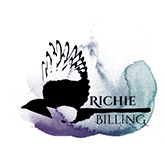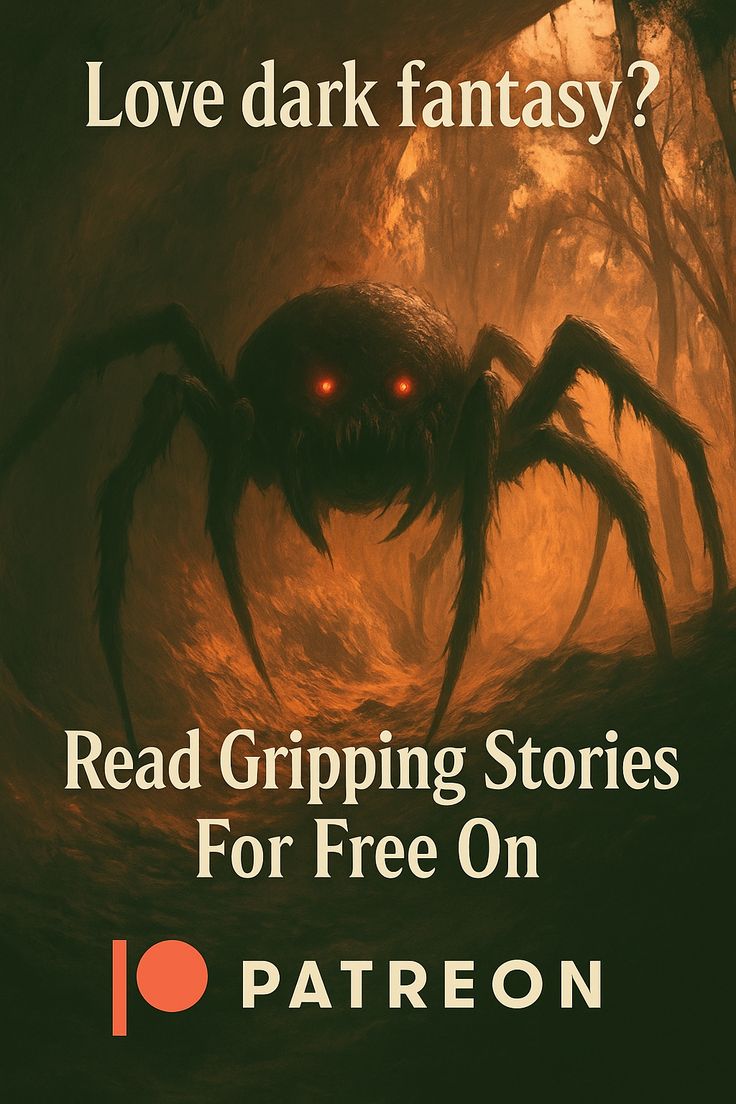From spelling, grammar and prose to finding publishers and making maps, there’s a ripe bunch of tools for writers out there, all designed to make our lives that little bit easier. Over the years I’ve tried a fair few and some are more useful than others. Below you’ll find a list of the ones I’ve found most helpful.
The Best Tools For Writers
I’m always looking for ways to make life that little bit easier. And when it comes to writing, for many of us we lack the time to invest what we really should. That makes finding time-saving tools or devices that can cure some of our headaches all the more important.
In this guide, I’ve included links to some of my favourite tools for writers, ones that I keep going back to whenever I find myself scribbling away.
For the avoidance of doubt, I haven’t been asked or paid to endorse any of these tools. They’re merely things I’ve encountered and found useful.
Inkarnate Mapmaker
Are you, like me, shite at drawing? I can form a lovely image in my mind and as soon as I try to transfer it to the page it ends up a shambolic mess. The same goes for my cartography skills. Luckily, help is at hand.

Quite a few mapmaking tools are available to use for free online and perhaps the best of them is Inkarnate. You can pretty much make any kind of map you want, from deserts to swamps. It takes a little getting used to, but thirty minutes or so playing about will get you up to speed. There are plenty of guides on Youtube too. Mapmakers like Inkarnate are a brilliant way to create attractive-looking maps at no cost but your time.
Quick review: a cost-effective tool capable of producing detailed, eye-catching maps.
Grammarly
I think the reason I sought out better spellchecking software was because of how crap Word spellcheck is. I hate nothing more than those silly green lines. No matter how much you click ignore it’ll flash up green again. Damn you to hell, green line.
Grammarly answered my call. I’ve been using it for 88 weeks straight now according to my weekly insights email—another nifty feature. Once per week you’ll get an email to let you know how voluminous you’ve been, how accurate you’ve been, and how many unique words you’ve used. It also tells you your most common mistakes. For me, it’s those pesky commas.

Tools for writers
Weekly insights aside, this handy tool has a plug-in feature for desktop, Word and web browsers, so you’re covered on all fronts. Some of its suggestions are silly, but it captures the obvious areas and occasionally throws up a nice suggestion or two.
There’s a free version and a premium version. I’ve never tried premium but I’m often tempted by their whopping offers. I understand premium offers a broader range of suggestions on things like syntax and prose. There’s a free online tool that does this too, which we’ll come to below.
Quick review: infinitely better than MS Word ‘Spelling & Grammar’
Hemingway
Hemingway is similar to Grammarly but it’s online, with no downloads required, although they’ve just released a handy desktop app. You simply copy and paste your text into the form and it gets to work analysing it. It’ll flag potential problems to do with the use of adverbs, adjectives and passive voice, and complex sentences, or whether any simpler alternatives exist. A cracking little tool, especially since it’s free!
Quick review: used in combination with Grammarly, you’ve got your grammar, spelling and prose covered.
Shunn’s Formatting Guide
Before it comes to sending out your shiny new stories off to publishers, it needs to be formatted in the right way. A lot of publishers, particularly those based in the US, will ask for your manuscript to be formatted in the Shunn style. Indeed, William Shunn’s formatting guidelines have proven so popular they’ve become something of the default. By that I mean, if a publisher does not state in their guidelines how they’d like your piece formatted, revert to Shunn.
Shunn’s short essays on both formatting manuscripts for short stories and novels are freely available over on his website http://www.shunn.net.
Shunn’s Short Story Formatting Guide
Shunn’s Novel Formatting Guide
How Do You Format A Manuscript? – my detailed guide to formatting a short story manuscript.
Quick review: if you don’t use Shunn, prepare for rejection.
Duotrope
Finding publishers and agents is tedious work, but one cracking tool that’s taken all that tedium away is Duotrope. Right off the bat, you do have to pay for this fella, but it’s like $3 a month and you get a 30-day free trial.
Duotrope is essentially a giant database of publishers, covering myriad genres, all lengths of story and at all levels, from non-payment to professional. It’s constantly updated so you’re only seeing publishing houses open to submissions. You can sort and filter by genre, sub-genre, story length, pay rate and much more. And you can search for literary agents too. It really is a revolutionary tool.

If you don’t want to pay, I’ve got a couple of free lists of publishers you might find useful:
List of publishers of fantasy magazines and journals
List of publishers of long fantasy (novels)
Quick review: the future of finding homes for your stories.
Amazon Blurb Tool
This one I came across when working on the marketing for my latest book, A Fantasy Writers’ Handbook. I never knew it was possible to alter the blurb of your Amazon listing, and judging from the blurbs of many other writers, they don’t too. And it makes such a difference.
I opted to place a short review of the book in bold and italics at the top of the blurb. When you scroll down the page you’re immediately drawn to it. There’s lots you can do to make your blurb stand out, and all you have to do is simply copy and paste the code it generates. And it’s free!
Quick review: an essential tool if self-publishing.
Facebook, as opposed to other social media platforms
A controversial one here, perhaps. I’m not a fan of Facebook. They’re a shower of untrustworthy shysters. But Facebook is where writers and readers are. It’s proven my most effective means of promoting my work, dwarfing any other. If I were to stop using Facebook the traffic to my site would plummet.

Why is Facebook so effective? As I eluded to, it’s where people are. You’ll find scores of groups dedicated to writing, specific genres and promoting your books and work. In fact, you’ll find most of them in this list I compiled.
I’ve met loads of brilliant people on there too and now we all support each other’s work. So yes, Facebook has its downsides, but also its positives.
Quick review: a necessary evil.
Oxford English Dictionary
This may sound a silly one but you’d be surprised the number of times I see people use words in the wrong way or spell words wrong. They’re the very basics of writing. It shouldn’t be happening. So bookmark this bad boy. You can’t go wrong with the Oxford English Dictionary (OED), one of if not the leading dictionary. And the online version is excellent. So too the app for your phone. Both free to use. It provides loads of example sentences as well as definitions and also has a thesaurus feature to help you find that elusive word.
Quick review: a no-brainer.
Thank you for reading this guide on my favourite tools for writers.
If you enjoyed this article why not stay in touch by joining my writing community? Everyone who signs up receives a free ebook on the craft of writing, lists of publishers of short and long fantasy fiction, a list of book reviewers and some free short fiction. All you have to do is complete the short form below!
Your message has been sent
- Abby Jimenez Books In Order – A Guide To Her Romantic Universe - June 7, 2025
- Words Beginning With X – All Lengths And Their Meaning - January 31, 2025
- Using The 5 Senses In Writing: Examples To Inspire You - January 5, 2025








Thank you for sharing!
A great list of resources. I look forward to trying out the mapmaker! @samanthabwriter from
Balancing Act
Thanks! The mapmaker can get addictive!
Good old Shunn. Less a tool and more a a required text.
Most def!
A nice list of resources.
One minor grammatical issue,
“Why is Facebook so effective? As I eluded to…”
should be alluded as in “referenced” as opposed to eluded, as in ‘escaped.’